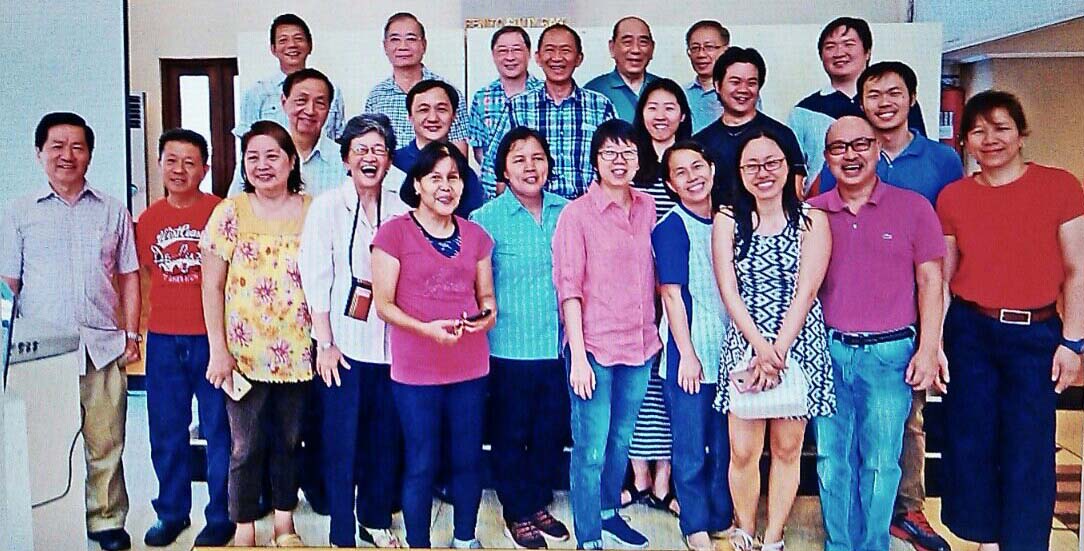First published in Tulay Fortnightly, Chinese-Filipino Digest 29, no. 6 (August 23-September 5, 2016): 16, 14.
On Aug. 28, 1987, Kaisa Para Sa Kaunlaran was founded by a group of professionals and businessmen who refused to be bystanders when significant events were unfolding. EDSA People Power had just finished one year prior, and the country was calling its citizens to play an active role in nation building. Traditional organizations were on “status quo” mode and not ready to reveal themselves nor take a position.
Right before the founders formalized Kaisa’s registration at the Securities and Exchange Commission, an anti-Chinese rally was organized in Angeles City and a position paper from the Presidential Management Staff with erroneous and damaging information about the ethnic Chinese community was submitted to President Cory Aquino in 1986.
It thus became more imperative for Kaisa to form and become a voice, often a lonely voice, for the Tsinoy community.
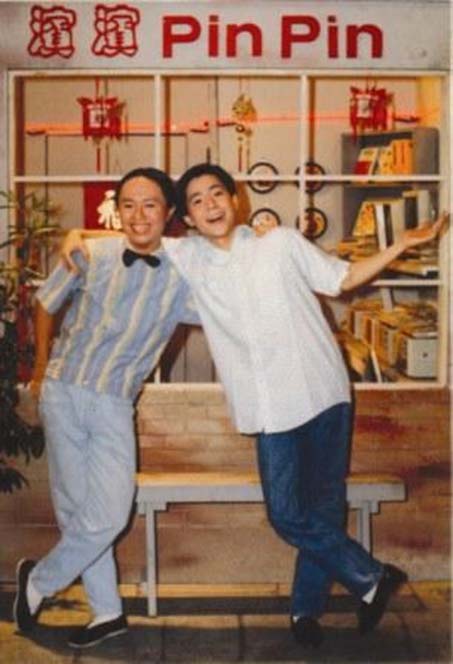
The founders were so clear about what they wanted Kaisa to become that beyond crafting the government-required constitution and bylaws, they crafted a Credo, Declaration of Principles and identified five core values that every Kaisa member (and really, every person) should live by.
Almost three decades later, these values have withstood the test of time and remain a true guide for every Tsinoy and Pinoy.
The value of humility
“Toil silently for meaningful results and not for fame or publicity.”
We work and serve because there is a need to be filled. Sometimes, I envy huge corporate foundations with their public relations team who will send out press releases for every sneeze their president makes. A token donation here, a tree planted there, or school supplies given over yonder is sent space in broadsheets.
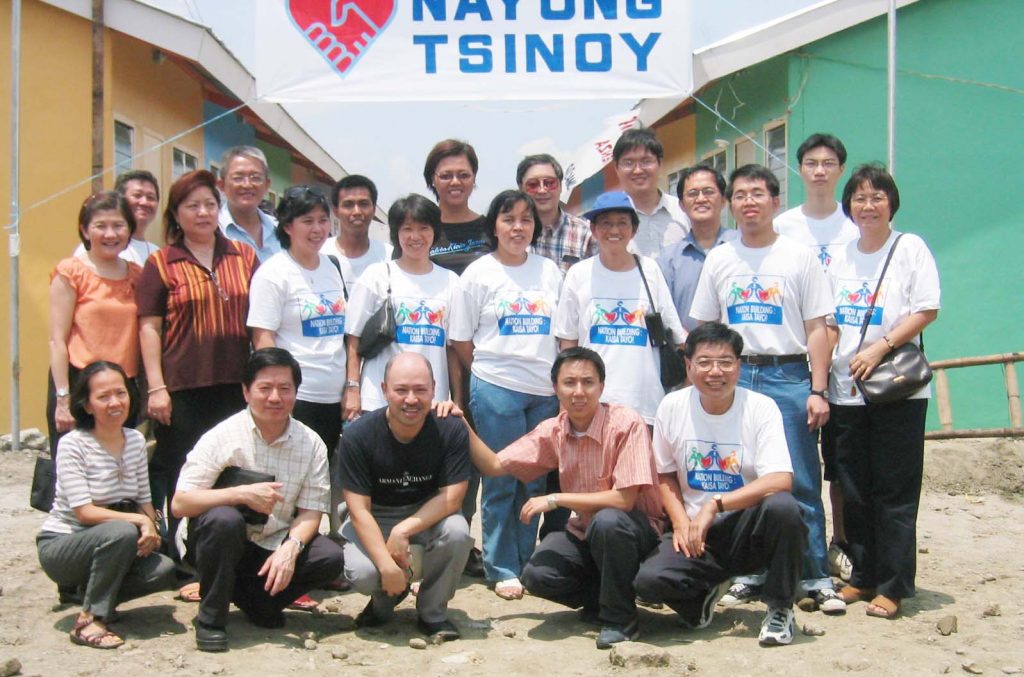
Kaisa has made inroads in social development work that other organizations would eventually duplicate. It was quite late in the game (around the time that Kaisa turned 10), that Kaisa members realized that publicity is necessary – not for fame nor fortune but so that others know what we are doing and maybe duplicate notable work in their own areas.
It was also important to have our results publicized because it raised our credibility in the local and international nongovernment community.
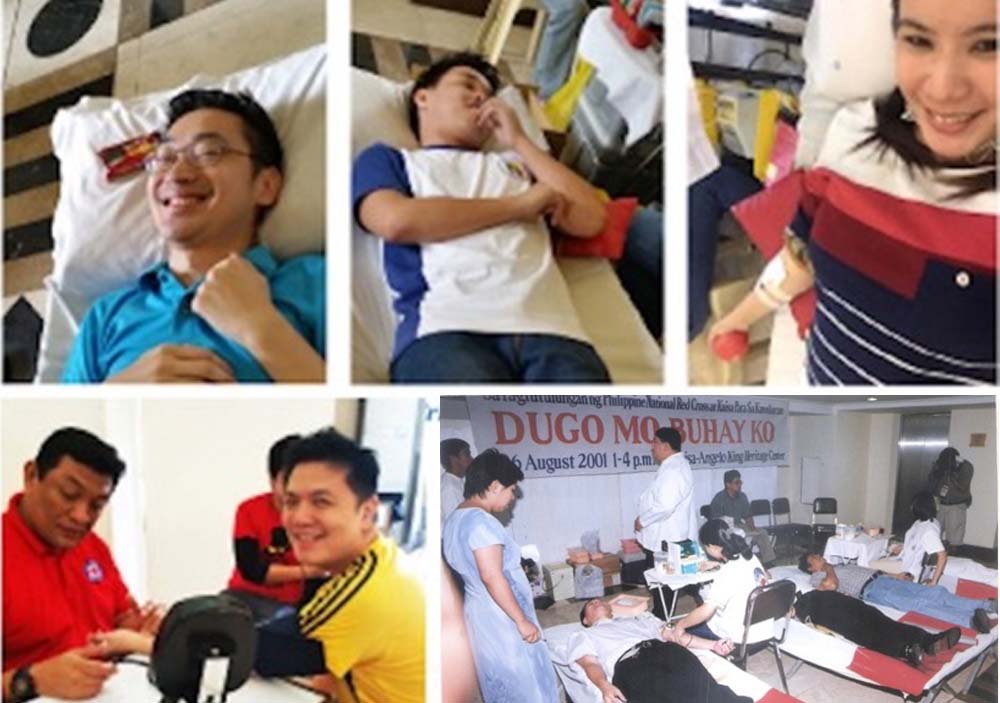
In 1998, Kaisa decided to celebrate its anniversary by hosting a blood donation drive. At that time, there were virtually no Tsinoy organizations that were conducting this.
Beginning in 2001, Kaisa has done this annually as a birthday celebration activity. Today, we are both happy and sad that we get fewer donors for the campaign.
Sad because of those we call up to donate blood, most of them cannot come. Happy because the reason they cannot donate is that they have just donated blood to some other group!
The value of being other-oriented
“Make sacrifices for the common good.”
This is probably the most difficult value to take to heart. Every person is hard-wired for self-preservation. The first instinct is to protect the self, then the family before trying to save the world.
But when there is an urgent need for Kaisa, we respond and even bring our children along.
In the recent protest rally against burying the dictator, Ferdinand Marcos, at the Libingan ng mga Bayani (Heroes’ Cemetery), Kaisa members with their children braved the downpour with hundreds of other Filipinos.
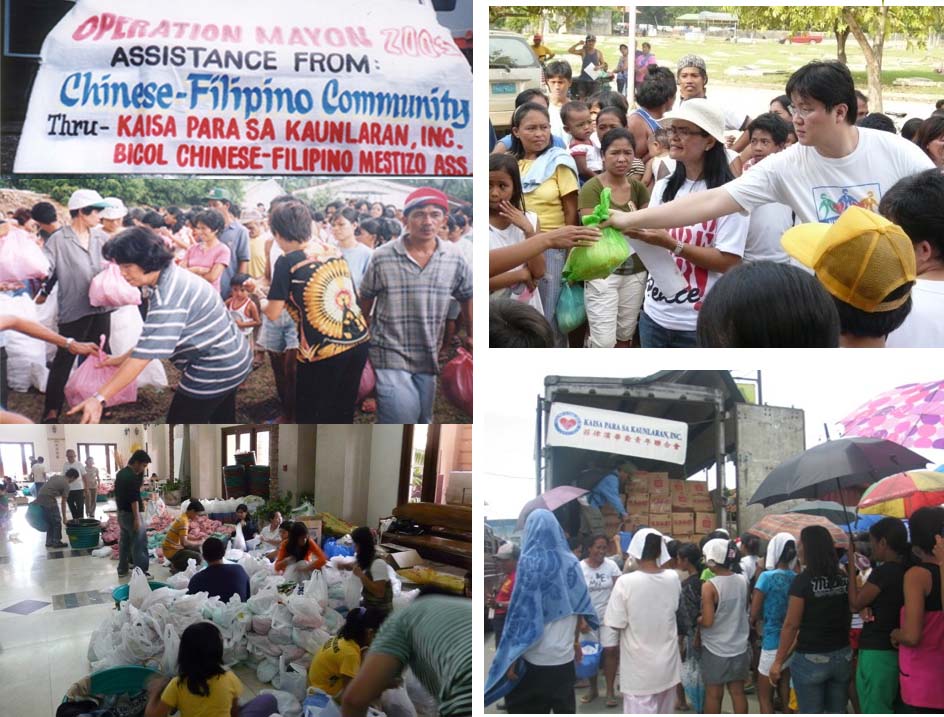
When disaster strikes, Kaisa volunteers risk life and limb to reach the most in need. Unknown to many (because we never publicized it), Kaisa members brought a portable anesthesia machine to Baguio after the 1990 earthquake.
Baguio General Hospital announced in media that they needed portable anesthesia machines for surgeries to be conducted in the field. Many injured patients had to be operated on on site.
The announcement was heard on a Saturday, Kaisa members called up the machine supplier on Sunday to open up and sell us one unit. That same Sunday, Kaisa members went to Camp Aguinaldo to coordinate transport the next day.
No one knew Kaisa then; we were just three years old. But the need was there, and it did not matter that the task was daunting; it had to be done. Three days after the quake, Kaisa members hand-carried the anesthesia machine on a C130 of the Philippine Air Force to Baguio.
The value of being results-oriented
“Give importance to effective results and not to ‘formalities.’”
We do not observe a traditional practice in the Tsinoy community of putting congratulatory messages in the Chinese newspaper. The primary reason is that these messages do not generate results.
In every Kaisa activity, we look at the end goal that we want to achieve. How many people will benefit from this activity? What are the longer-term results of this activity? Are there other groups doing this activity?
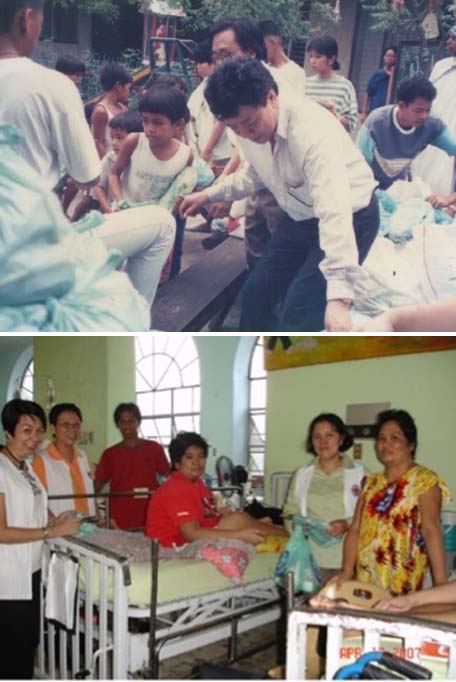
This is why the one and only medical mission Kaisa has held was to give measles vaccines to children of Barangay Tatalon in 1987. During that mission, three tiny coffins of three siblings who died of measles lined the road leading to Tatalon Elementary School.
To ease children’s fears of syrynges, one member brought balloons and lollipops. The barangay captain accused our members that we were doing this because we were running for the barangay elections.
We responded that the vaccines were free from the Department of Health; the doctors were free of charge from the Quezon City Health Office (recruited by just one phone call to Quezon City hall); anyone could have done it had they wanted to.
It was a “tiny” coordination effort by Kaisa but the impact was colossal.
The value of respect
“Appreciate and respect peoples from different cultures.”
Tsinoys desire that our culture be respected, and so we are called upon to show respect. The Philippines is a pluralistic society and each group deserves respect. We have supported activities that showcase the best of other cultures and beliefs.
In any discourse, there are always one side and another side. For example, in the disputes on the West Philippine Sea, Tsinoys are “caught in the middle.” Thus, we need to draw from the well of mutual understanding and mutual respect for where each group comes from.
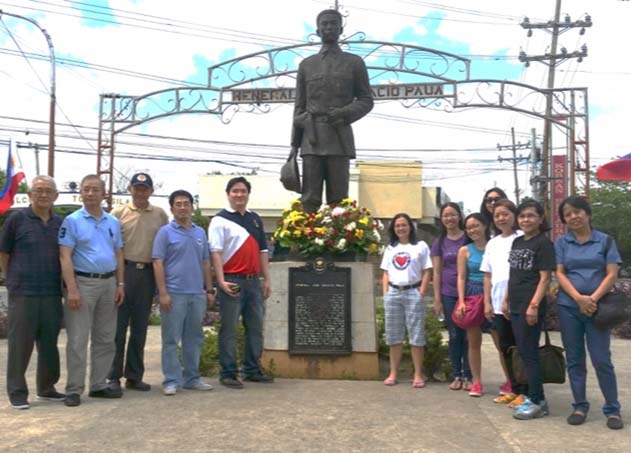
The value of patriotism
“Look up and give respect to Filipinos and the Philippines.”
This statement started out as “using huilipin lang instead of huana to refer to Filipinos.” It was crafted to change Tsinoy habits and change mindsets. Most of the time, Tsinoys do not mean anything negative when they use the word huana, just like Pinoys do not mean to degrade when they use intsik. Before Kaisa invented the word Tsinoy in 1992, we started off with changing the persona of the huana. Changing the word also brings with it a more conscious view of the other person – that this is someone worthy of respect.
Today, the statement has changed slightly, but the value stays true. This value is meant for things deeper than respect. We want every Tsinoy to stand firm on this land. In this age of globalization, it is essential that we are grounded and rooted in our motherland – the Philippines.
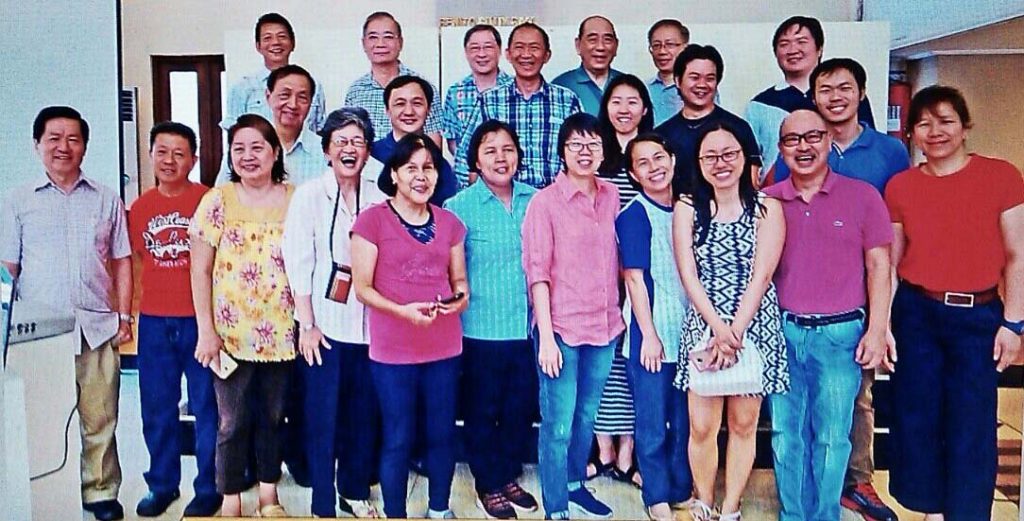
True is true
These values are relevant now, more than ever. When our government officials’ actions show us that they give no value to anything nor anyone, not even human life and dignity, and when their words show us that they have no values to even speak of, it is incumbent upon every Tsinoy, every citizen, to hold these values more dear.
